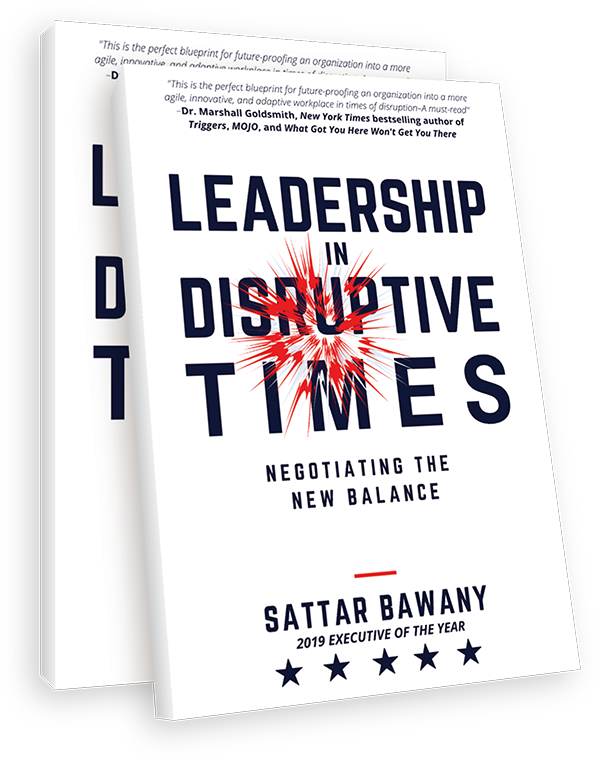In today’s volatile and unpredictable world, leadership is no longer just about making strategic decisions—it’s about navigating crises with resilience, agility, and foresight. The Making of a C.R.I.S.I.S. Leader by Professor Sattar Bawany is an essential read for executives, entrepreneurs, and aspiring leaders who seek to thrive amid disruption and uncertainty.
Organizations today are constantly facing disruptions—whether from technological advancements, economic downturns, global health crises, or geopolitical instability. Traditional leadership models are no longer sufficient. Leaders must be prepared to make quick yet informed decisions, maintain transparency with stakeholders, and inspire teams to persevere. This book provides a roadmap to developing these skills, ensuring leaders can respond effectively in moments of crisis.
The book introduces the C.R.I.S.I.S. Leadership Model, a groundbreaking model that equips leaders with the critical skills needed to manage and lead during challenging times. These are not just theoretical concepts but actionable insights derived from real-world case studies and over three decades of leadership experience.
In an era where disruption is the norm, The Making of a C.R.I.S.I.S. Leader is a must-read for those serious about leadership. Whether you want to enhance your ability to lead through uncertainty, build resilient teams, or future-proof your organization, this book provides the blueprint for success. Don’t just manage crises—lead through them. Secure your copy today and take the first step toward becoming a transformational crisis leader.














